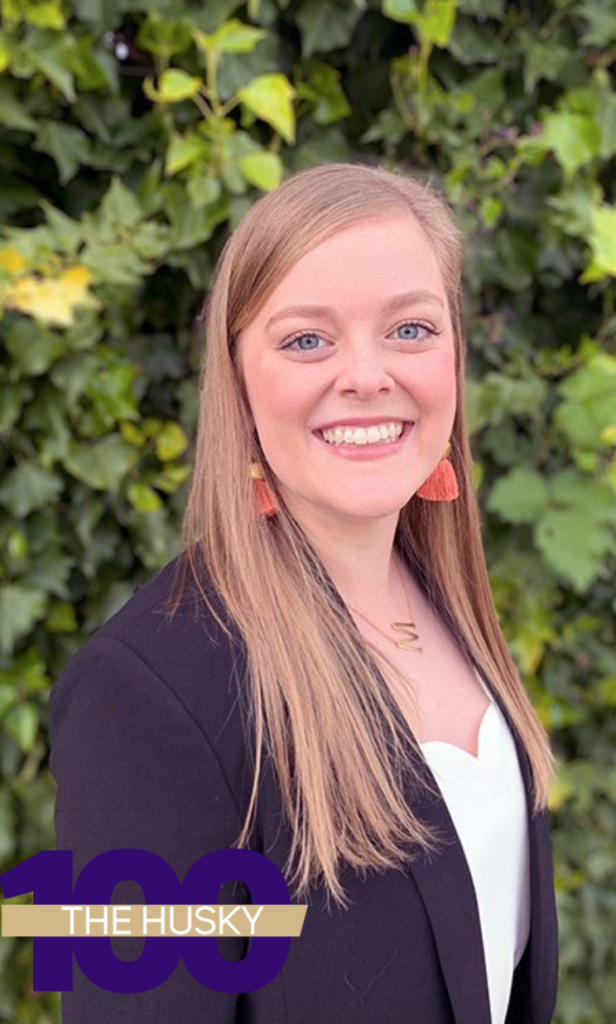As we transition into the holiday season in 2019 and spending more time with beloved ones, you’re likely to be asked some variation of the following question: “what are you going to do after you finish your postdoc?” As we reflect upon what comes next, we are often encouraged to “follow our passion.” This mantra gets a great deal of attention during commencement season… and when you are about to start a job search. As we’ve shared previously, your formal job search starts well before you read a job posting or submit your application. It starts with a critical assessment of your acquired knowledge, your skills, engagement with your network of colleagues and personal champions, and possibly and more importantly, a reflection on what really excites you. In other words, what is your passion, and what do you see yourself doing for the next phase of your career?
As suggested by Brad Stulberg and Steve Magness in The Passion Paradox,
- “A better approach to finding your passion is to lower the bar from perfect to interesting, then give yourself permission to pursue your interests with an open mind.”
Many of us are perfectionists. However, when exploring different jobs and career paths, it’s OK to focus on something that excites you, if only for the time-being. Your passion for the job, the specific activity, and ultimately, the company’s overall mission may develop over time. If you find that you can get 100% on-board with this vision, great. If not, do you see enough that excites you to fulfill your career goals? And if not, that’s OK too… as long as you’re growing your skill set and your network, and gaining something to apply to your next career move. We like to draw the comparison to a research experiment. The best experiments are those that, no matter the result, give you actionable information. Can you use the info you learn in one career step to make a more impactful decision next time? As we noted last month’s newsletter, you will likely change jobs a number of times (an average of 12 times). Those transitions allow you to have multiple opportunities to re-evaluate your decisions and to make different and better-informed choices.
Additional advice comes from Dr. Jon M Jachimowicz in 3 Reasons It’s So Hard to “Follow Your Passion”,
- “Don’t wait to find your passion.”
You should focus on developing a passion in parts of your job, understanding your colleague’s passion, and working together to pursue your passions together. This can happen either as part of your daily work or outside the confines of your research group or the larger university. If you focus on the people, the mission and the values, your passion will follow.
- “Focus on what you care about, not just what’s fun.”
Aligning your efforts around what you value and the impact you can make will be more fulfilling than simply focusing on what’s fun. Clearly, you shouldn’t dread what you’re doing on a daily basis. However, if you’re committed to the company’s mission and values, then your passion with shine through.
Your passion and motivation will change over time (and definitely throughout your careers). You should be open to these changes. Be sure to take time to re-evaluate what drives you… and look for new opportunities to evolve. With this mindset, you’ll be able to weather challenging situations and adapt to hardships.
As we enter a slower time in academia around the holidays, it’s a good time to spend some time focusing on YOU! In January 2020, we’ll share some ideas on how you can start to explore your different ‘passion projects’ while being a postdoc. For now, make time to recharge and reflect upon your success of the previous months, big or small. In addition, dedicate some time to think about what you want to do next… what is your passion? And how will you find what drives you?

